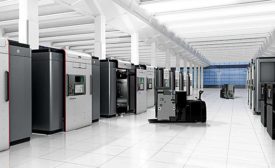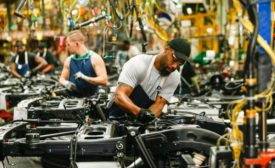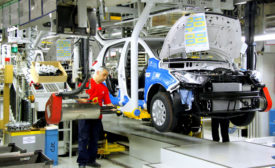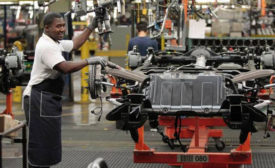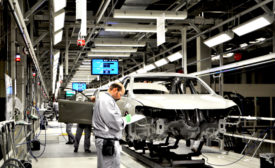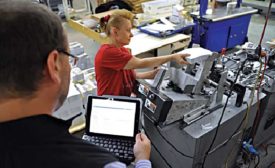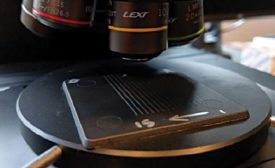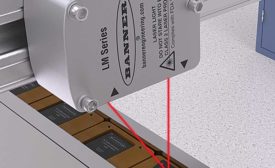Automotive Assembly
Robots and other tools are key to mass-producing printed parts
Read More
Laser Sensors and Automated Assembly
Very accurate and super fast, these noncontact sensors are ideal for various measurement, inspection and defect-detection applications
June 6, 2019
Never miss the latest news and trends driving the manufacturing industry
Stay in the know on the latest assembly trends.
JOIN TODAY!Copyright ©2024. All Rights Reserved BNP Media.
Design, CMS, Hosting & Web Development :: ePublishing
